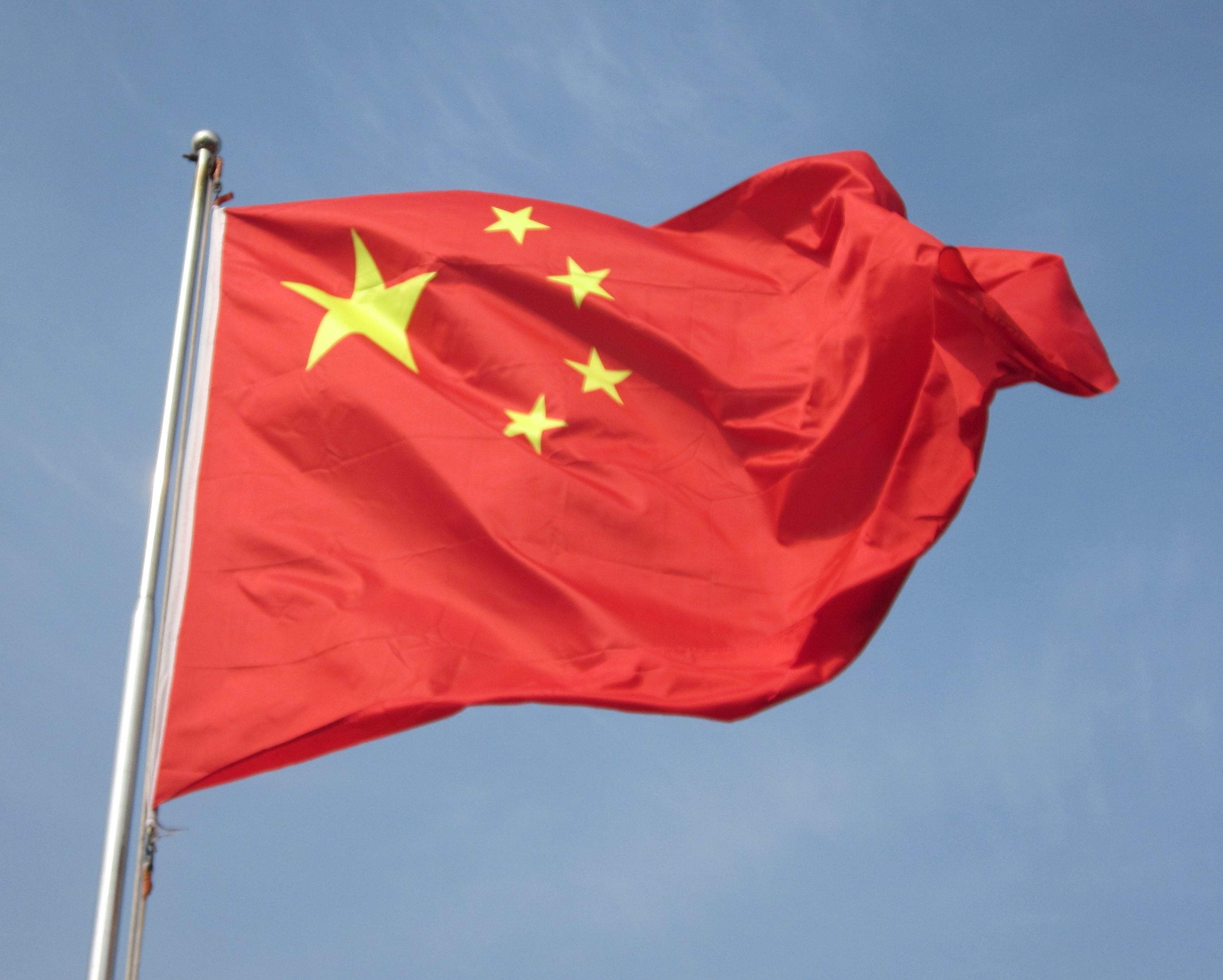Form without function: The surprising irrelevance of legal representation in Chinese death penalty trials
Posted
Time to read
 Does legal representation meaningfully affect sentencing outcomes for death-eligible cases? My recent study tackles this critical question in the specific context of drug offence cases in China, with relevance for authoritarian legal systems in general. The research uncovers a perplexing contradiction that challenges conventional understandings of the role of defence lawyers in liberal democratic legal systems. The significance of this research is particularly pronounced given China's status as the global leader in capital punishment. Despite official figures remaining a closely guarded state secret, it is widely believed that China executes more prisoners annually than all other countries combined. The death penalty in China is applicable to a wide range of offences, including both violent crimes and non-violent offences such as drug trafficking and corruption, reflecting its extensive use within the criminal justice system.
Does legal representation meaningfully affect sentencing outcomes for death-eligible cases? My recent study tackles this critical question in the specific context of drug offence cases in China, with relevance for authoritarian legal systems in general. The research uncovers a perplexing contradiction that challenges conventional understandings of the role of defence lawyers in liberal democratic legal systems. The significance of this research is particularly pronounced given China's status as the global leader in capital punishment. Despite official figures remaining a closely guarded state secret, it is widely believed that China executes more prisoners annually than all other countries combined. The death penalty in China is applicable to a wide range of offences, including both violent crimes and non-violent offences such as drug trafficking and corruption, reflecting its extensive use within the criminal justice system.
In the Chinese criminal justice system, there are two crucial post-conviction review stages for death penalty cases: the appeal process and the Supreme People's Court (SPC) review. After a death sentence is handed down by a lower court, the defendant has the right to appeal to a higher court. Following the appeal, regardless of its outcome, all death sentences must undergo a mandatory review by the SPC before execution can be carried out. Although accurate statistics are difficult to obtain, the subsequent SPC review, at least theoretically, adds an additional layer of scrutiny to ensure the appropriate application of the death penalty.
In this context, the right to legal representation becomes crucial. Under Chinese law, defendants have the right to legal counsel at various stages of the criminal process. This right begins from the first police interrogation and extends through the trial, appeal and SPC review stages. Notably, for cases involving potential death sentences, the court is obligated to appoint a defence lawyer if the defendant has not retained one. This state-funded representation is meant to ensure that even indigent defendants facing capital charges have access to legal counsel. This said, the quality and effectiveness of legal representation, especially in capital cases, remain significant concerns. Prior to my recent study, there had been no empirical data investigating the effect of legal representation in capital cases in China.
In investigating the role of legal representation, my study employed a sophisticated mixed-methods approach. The quantitative component of the study analysed two comprehensive datasets of court judgments. The first was a national dataset comprising 10,132 drug cases, providing a broad overview of sentencing patterns across China. The second was a more focused provincial dataset of 3,955 drug cases from Province Y, allowing for a deeper dive into regional dynamics. Both datasets spanned the years 2016-2018, offering a contemporary snapshot of China's criminal justice system in action. Complementing this statistical analysis, I conducted in-depth qualitative interviews with over 40 criminal defence lawyers from various parts of China. These interviews provided rich, nuanced insights into the perceived differences in representation quality and the day-to-day realities of defending clients in capital drug cases.
At the heart of the empirical findings of this project lies a puzzling paradox. On one hand, quantitative analysis of court judgments reveals no statistically significant impact of either the presence or type of legal representation on sentencing outcomes. This holds true at both trial and appellate levels, suggesting that whether a defendant has a lawyer, and whether that lawyer is privately retained or court-appointed, does not substantially influence their chances of receiving a death sentence or life imprisonment. This suggests the unimpactful role of legal representation in capital drug proceedings. On the other hand, extensive qualitative interviews with Chinese criminal defence lawyers paint a starkly different picture. These interviews reveal a widely-held belief among legal professionals that private attorneys, especially those of high calibre and with significant experience, provide markedly superior representation compared to their court-appointed counterparts. The lawyers cite several factors to support this belief, including better case preparation, access to more resources, the ability to employ more shrewd defence strategies, and higher compensation leading to greater effort and dedication to each case.
The findings presented in this study paint a complex and somewhat troubling picture of the role of legal representation in China's criminal justice system. Beyond the central paradox of perceived importance versus statistical insignificance, the study found that the presence of legal representation diminished dramatically as cases moved to higher courts. While most defendants had some form of counsel at the trial level, fewer had representation at the appellate level. Perhaps most strikingly, very few defendants had lawyers representing them at the Supreme People's Court review stage - the final opportunity to avoid execution. This trend suggests a system that becomes increasingly inquisitorial and less adversarial as cases progress through higher levels of adjudication, potentially compromising defendants' rights at the most critical junctures.
To explain these findings, the study proposes an innovative explanatory framework consisting of three interlinked theses. The Power Deficit Thesis posits that criminal defence lawyers in China fundamentally lack the bureaucratic clout necessary to significantly influence sentencing decisions. This deficit stems from a system overwhelmingly dominated by police, prosecutors and judges, where defence lawyers are often seen as peripheral, if not obstructionist, figures. The Dual Role Thesis highlights the conflicting expectations faced by defence lawyers in China. They are torn between their professional duty of zealous advocacy for their clients and the practical necessity of maintaining cooperative relationships with judicial authorities. This tension often leads to compromised effectiveness, as lawyers struggle to balance these competing demands. Finally, the Procedural-based Legitimacy Thesis argues that the mere presence of defence lawyers, even if they are ultimately ineffective in altering outcomes, provides a crucial facade of procedural fairness. This appearance of due process serves to legitimise not only the judicial process itself but also the broader political regime, allowing the state to claim adherence to rule of law principles. These three theses, taken together, form what I refer to as the concept of ‘institutional alienation’.
The significance of this research is multifaceted. First and foremost, it provides rare and valuable empirical data on death penalty cases in China, an area that has traditionally been extremely difficult for researchers to access. By shedding light on these opaque proceedings, this work contributes significantly to our understanding of how capital punishment is administered in the world's most populous country. Theoretically, the study, by developing the concept of institutional alienation to explain the constraints placed on criminal defence lawyers in authoritarian legal systems, offers a powerful tool for understanding the complex dynamics at play when legal professionals attempt to operate within systems that fundamentally limit their efficacy.
The policy implications of these findings are significant and wide-ranging. This research highlights systemic issues in China's criminal justice system, including the glaring ineffectiveness of legal aid programs, the stark power imbalances favoring prosecutors, and the deep tensions between due process ideals and political control. These insights could inform future reform efforts, both within China and in other countries grappling with similar challenges.
As such, the findings suggest that while the presence of defence lawyers provides an appearance of fairness and due process, their actual impact on life-or-death decisions is minimal to non-existent. This ‘impact of unimpactfulness,’ as I term it, reflects broader tensions between aspirations for the rule of law and the realities of authoritarian control. By illuminating these dynamics, this study makes a significant contribution to our understanding of legal reform, criminal justice, and the complex interplay between law and politics in contemporary China.
Michelle Miao’s new study, titled ‘Does a lawyer make a difference? A study on the sentencing of death-eligible drug offenders in China’ was published in the Journal of Criminal Law and Criminology, and is available to read in full here.
 |
Michelle Miao is an Associate Professor at the Faculty of Law, the Chinese University of Hong Kong. She is an awardee of American Society of Comparative Law’s Hessel Yntema Prize for most outstanding scholarship by a scholar under 40. She was recently a Harvard Yenching fellow (2019-2020) and a CUHK-CASBS fellow at Stanford University (2023-2024). |
Photo credit: Gary Lerude via Flickr. Licensed under CC BY-ND 2.0.
Share
